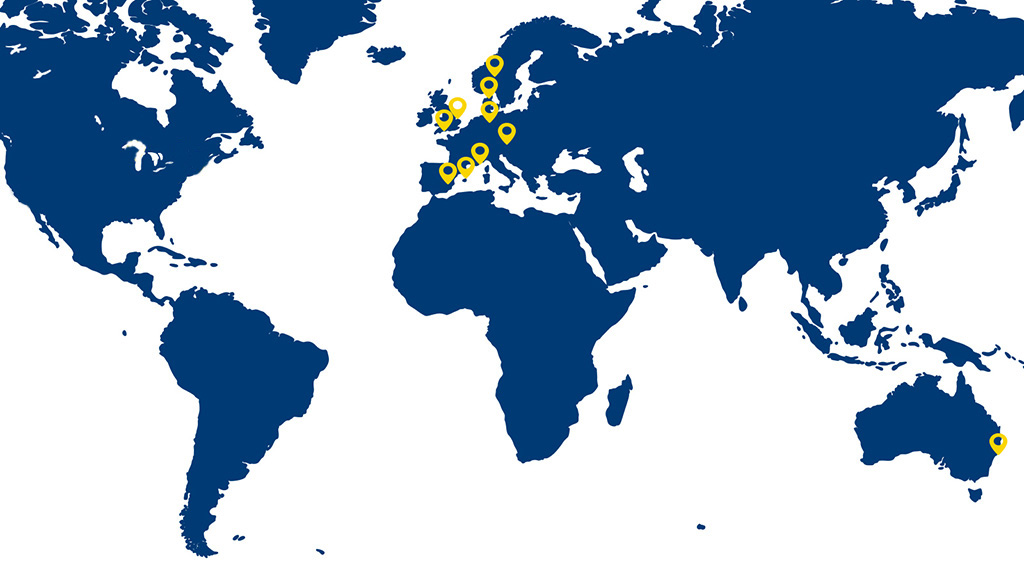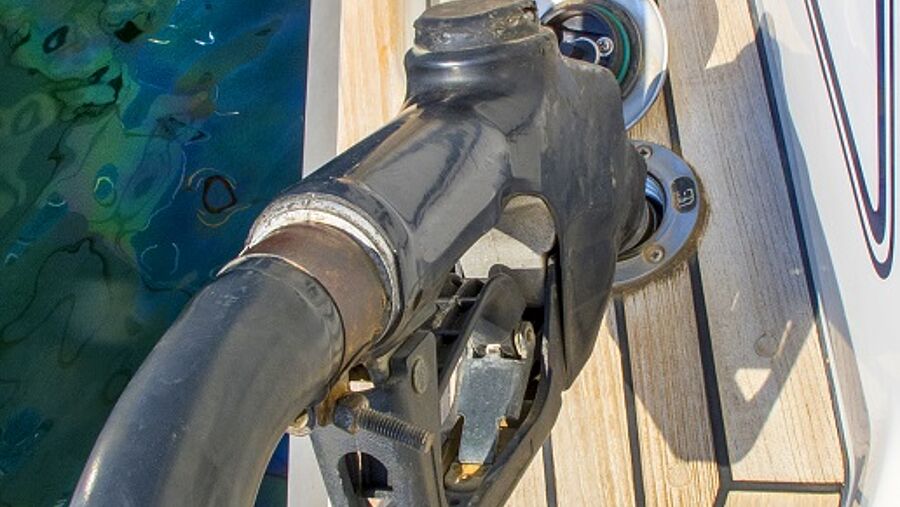
* Pantaenius UK Limited is authorised and regulated by the Financial Conduct Authority (Authorised No.308688)
As your skipper or charter insurances contracts have been concluded in Germany, you will first be redirected to the website of Pantaenius GmbH, Germany. Please follow the link-button to log in to your account.
Login Skipper & ChartererIf the engine suddenly breaks down or cannot be started at all after a long period of standing, many owners often do not know what they are dealing with. It can be the fault of microorganisms that have made themselves comfortable in the boat tank, first unnoticed and then with fatal consequences. We explain how you can solve the problem of diesel plague with little effort.

Even if the term diesel plague initially evokes rather gloomy associations, a little water in the tank is usually enough to set the process in motion. This can be caused by condensation, contaminated diesel or simply carelessness when refuelling. If this water now settles at the bottom of the tank, microorganisms begin to multiply in the boundary layer between water and diesel. Especially in warmer climates or during the summer months, the climatic conditions in the tank offer excellent conditions for the proliferation of stowaways. The following applies: the longer the service life, the more numerous.
The problem, however, is not necessarily the bacteria themselves, but their metabolic products, which spread in the form of count liquid dark bio-sludge in the tank and can clog fuel filters, diesel lines or injection nozzles. In addition, the metabolic products promote corrosion in the tank and on engine components, such as injection nozzles, and can thus lead to considerable long-term damage. Even if the tank has already filled up with considerable amounts of bio-sludge, the engine often only makes itself noticed by stuttering after a while on the water. This is often due to the fact that the mass, which had previously settled on the tank bottom, is swirled up by the swell and only thus reaches the intake port.
Among other things, special premium fuels with a lower biodiesel content can provide a remedy. In the meantime, there is also a completely new type of diesel fuel, which is already being sold at several boat filling stations and whose special composition promises complete resistance to infestation by microorganisms.
A method of inhibiting the growth of bacteria, fungi and yeasts or even completely removing them from diesel that has long been established in water sports is the addition of so-called additives to conventional diesel. Depending on the concentration, average service life and climatic conditions, even a small amount of these additives may be sufficient to control the microorganisms and prevent bio corrosion. Once the diesel plague has struck, however, there is usually no way around extensive tank cleaning, as the resulting bio-sludge does not dissolve without residue.
Experience reports and tests of various products can be found relatively quickly in the trade press and other media. Of course, the engine specialist you trust should also be able to provide information about the available methods.
In order to guarantee permanent protection, we recommend regular checks of the tank contents and the additional use of a special diesel fuel or fuel additive. The wintering period, which many boat owners are about to start, is also a good opportunity to drain the tank and replace fuel filters and filter inserts.
Update: According to the water sports portal SAIL24.com, the sale of diesel additives containing the formaldehyde separator MBO to private consumers will no longer be permitted as of 01.12.2018. The reason for this is the classification of this component of the fuel additives as carcinogenic. More information on Sail24.com.